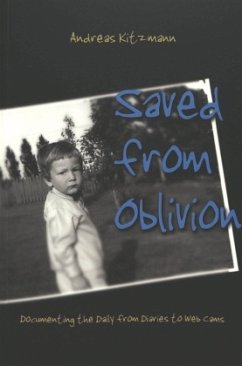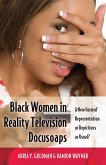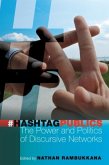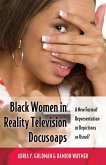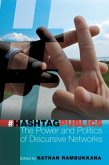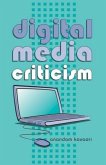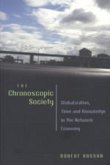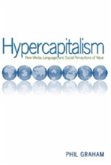What lies behind our need to rigorously document the thoughts, deeds, images, and sounds of everyday life? And more curiously, why would anyone want to spend time going over such material? At any given point someone is using a pen, a camera, a web cam, or a computer to document with varying degrees of detail, personal thoughts, observations, or glimpses of private space and life. And for each of these, there is usually at least one person reading, watching, and even responding. Saved from Oblivion is a comparative analysis of how individuals have used various media technologies to document their everyday lives. More specifically, this book focuses on the major forms of self-documentation that have been in use since the late nineteenth century and covers traditional diaries, snapshot photography, home movies/videos, and web-based media such as web cams and online diaries or journals.
«'Saved from Oblivion' is an intellectually ambitious and theoretically sophisticated contribution to a growing field of interest in media and its relation to place... Its theoretical sophistication and intriguing project of linking a certain media practice across concepts of material place in differing media will make it a significant contribution to media studies and theory.» (Jeffrey Sconce, Department of Radio/Television/Film, Northwestern University)

